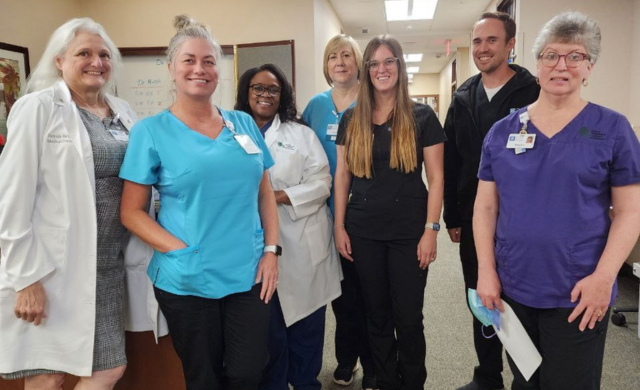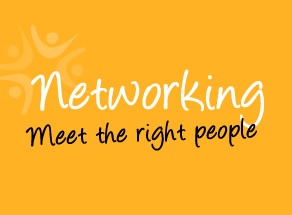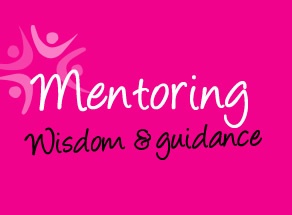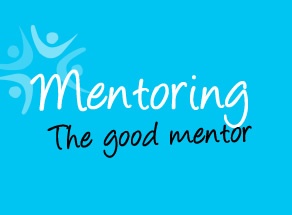
Cancer Doctor Overcomes Obstacles One Day at a Time
08/31/2023 06:00AM | 2056 viewsSomeone else may look at your life and focus on the obstacles:
- Maybe they see you as too young or too old.
- Maybe they see you as too inexperienced or lacking the right education.
- Maybe they hear your accented English and make assumptions about your potential.
Maybe they use those as reasons to tell you no.
That’s what Patricia Rich faced in the 1980s when she told a college counselor that she wanted to be a doctor. At that time she was 28 years old, she had three young children, and she spoke with a strong accent (English was her third language, after Italian and Spanish). The counselor saw those as obstacles and told her becoming a doctor wasn’t possible.
For a while, she believed him and didn’t pursue school. But she was so genuinely interested in healthcare that she volunteered in an emergency room in Tampa, Florida – where her Spanish came in handy, especially with the migrant population. One of the doctors there could see how passionate she was, and one day asked her why she hadn’t gone to medical school.
When she told him what the school counselor had told her, this doctor insisted she go back the next day. He told her not to ask if, ask how. Ask what she would need to do to get into medical school.
Learn what the options are, learn what you have to do, and then take it one day at a time.
So that’s what she did. She completed the pre-med requirements and started medical school at the University of Miami at age 35 (and by that time, her fourth child was on the way).
Today, she is a doctor specializing in cancer, taking care of patients as a medical oncologist at City of Hope Atlanta. City of Hope is one of the largest cancer research and treatment organizations in the U.S. and one of the leading research centers for diabetes and other life-threatening illnesses. Dr. Rich focuses primarily on treating lung cancer, sarcomas, and breast cancers, but also treats other solid tumors as well as head and neck cancers and melanoma.
“I could not have chosen a better career for myself – I love caring for patients. If I don't put a little bit of my soul in it, I cannot be effective. Individuals are much more than their diagnosis, and it’s important that we care for the whole person.”
When someone has cancer, there can be many experts involved in their care, including supportive care specialists, surgeons, radiation oncologists and others. As a medical oncologist, Dr. Rich is at the center of this multidisciplinary team serving as an advocate and partner to her patients throughout their cancer journeys. She credits much of the success of this team approach to two nurses who have been with her for 10 years and currently serve as care managers.
“We walk that road with the patient, because it's already hard enough to deal with the diagnosis of cancer and the treatment.”
She knows this firsthand. Her second son, Phill, was diagnosed with leukemia when he was 20.
“I was the oncologist who diagnosed him by chance. He passed away in 2009. If I could have given my life for my son, I would have done it, gladly. But I believe he made me a better oncologist. This is a way to honor him.”
People have told her she’s strong, considering all she’s been through. But she thinks it’s different from strength: it’s resilience.
“You can bend me almost to a breaking point. And I just will wake up the next morning, dust off, and keep going. I'm a glass half full kind of person, I guess.”
She said her resilience comes from her parents. “Today, my dad is 90, my mom is 83, and they’re both incredibly resilient people.”
Patricia Rich was born in Buenos Aires, Argentina, where she lived with her two brothers, her mother (who was a renowned dancer), and her father (who worked for Fiat). Patricia started dancing when she was seven, and studied at Argentina’s National School of Dance. Her father encouraged her and her siblings to give back to the community, going to impoverished neighborhoods and helping administer polio vaccines – planting the early seeds of her passion for helping others through healthcare.
They lived through Argentina’s era of terrorism and military coup. She remembers that when she was a teen, the local fathers would guard the high school so their daughters and sons could continue classes.
After her father’s office was bombed twice, he moved the family to the United States. Patricia was 20 at the time. She studied dance in college, married and had children.
One Day at a Time
When she first entered medical school in her 30s, she considered becoming a pediatrician – until she started encountering patients with cancer. One woman in particular was a catalyst for her.
“She was young, and I remember chatting with her. As I was leaving, I asked her if I could give her a hug, and then I hugged her. She started crying. I said, ‘I'm so sorry! I don't mean to make you cry.’ And she said, No, no, you don't understand. Since I was diagnosed with cancer, some people won't even touch me.’ And I walked out the door that day and I knew this is what I was going to do.”
Since then, she has proved over and over again that the short-sighted college counselor was wrong. She earned a bachelor’s degree from the University of South Florida, where she graduated cum laude. She then earned her medical degree from the University of Miami’s Miller School of Medicine in Miami, Florida, where she received several awards, including Outstanding Medical Student of the Year 2000 for Excellence in Internal Medicine.
Dr. Rich also completed a fellowship in hematology-oncology at the University of South Florida, H. Lee Moffitt Cancer Center & Research Institute in Tampa, Florida, and a residency in internal medicine at University of Miami/Jackson Memorial Hospital. In 2005, she received the Foundation Merit Award from the American Society of Clinical Oncology.
Today she is known for her commitment to hope.
“Patients need hope, and hope comes in different sizes for different moments. I tell my patients I wish with all my heart that I could cure this cancer, but what we can do is treat it. We can hope for a cure, we can hope for a longer, better life. We can hope for less pain. There’s a continuum of hope, and your spirit will never give up.”
Looking back, the same advice that helped Patricia become Dr. Rich is relevant for anyone facing any kind of obstacle, health-related or not: learn what your options are, learn what you have to do, and then take it one day at a time.
“If you want something, go for it, because it can be done. It’s not easy, but it’s possible.”






Post your Comment
Please login or sign up to comment
Comments